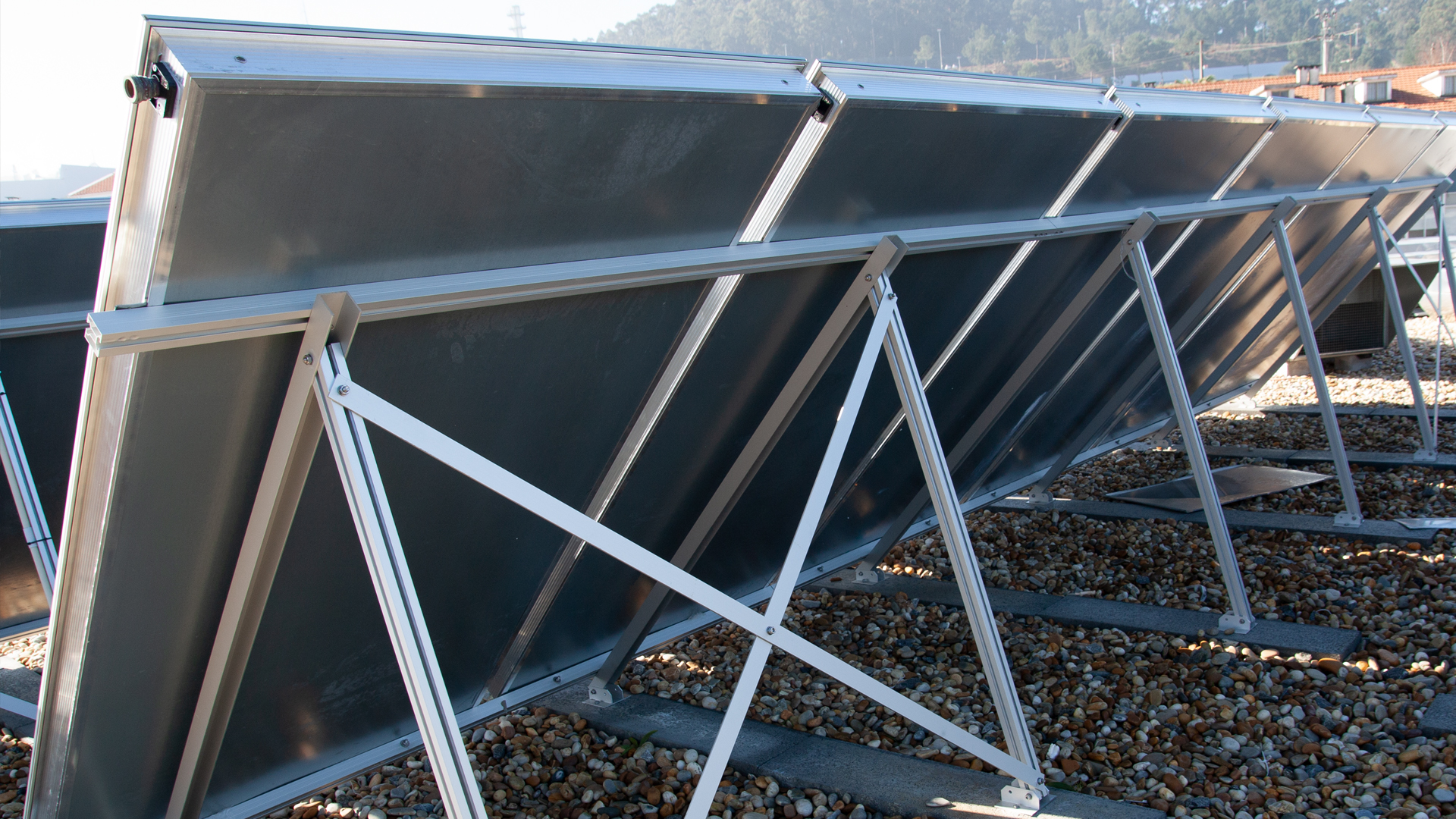After a decade marked by economic growth, we are now faced with uncontrolled inflation, a rise in prices that has direct consequences on the cost of living. In addition to the prices of consumer goods having soared, the energy cost soared to unexpected values, further aggravating the situation of families. The State intervened and has presented its program of 2400 million euros to support families. We are living an atypical economic situation; it is urgent to take measures at various levels.
The War in Ukraine has a big impact on this entire economic situation, and on May 18, the European Commission presented its plan to drastically reduce dependence on Russian fossil fuels and accelerate eco-efficiency.
The REPowerEU Plan measures respond to this ambition, through energy savings, diversification of energy supply and accelerated deployment of renewable energy to replace fossil fuels in homes, industry and in the creation of energy. According to this plan, the green transformation will strengthen economic growth, security and climate action for Europe.
Saving energy is the fastest and most effective way to tackle the current energy crisis and reduce the bill. In addition, the Commission proposes to strengthen energy efficiency measures in the long term, including an increase from 9% to 13% of the binding energy efficiency target under the 'Fit for 55' package of European Green Deal legislation.

(Aluminum structures - Extrusal ProSolar)
Saving energy will help us to prepare for the potential challenges of the coming winter. Therefore, the Commission also published a 'Communication on EU energy savings' detailing short-term behavioural changes that could reduce gas and oil consumption by 5% and encouraging Member States to initiate targeted communication campaigns to families and industries. There are incentives for member states to adopt measures to reduce VAT and tax burdens in favour of energy savings (such as reduced VAT rates on energy efficient heating systems, insulation of buildings and energy-efficient appliances and products) and for the development of a strategy for solar energy that aims to double installed photovoltaic capacity by 2025 are other measures addressed in the plan.
The introduction of solar panels, both in the domestic and industrial sectors, is one of the measures addressed to combat this energy crisis. Within the scope of REPowerET, the European Commission proposed an amendment to the EPBD, which requires all Member States to ensure that new buildings are designed in such a way as to maximize the generation of solar energy. The obligation may apply to new public and commercial buildings with an area greater than 500m2 from 2027, in 2028 to all buildings with an area greater than 500m2 and from 2030 to all new residential buildings.
Leading families and companies to adopt a self-consumption behaviour becoming self-sufficient is an increasingly real and necessary reality.” Defends Filipe Pereira, project manager of Extrusal ProSolar, the business area of Extrusal dedicated to the design of aluminum structures for solar panels. “We have seen a great growth in the renewable energy market, especially in the area of solar and photovoltaic panels. Our turnover grew exponentially compared to the same period last year. The demand for alternative energy sources by companies and consumers has increased with the war in Ukraine and the general increase in energy prices. Solar energy is undoubtedly an ecological and sustainable alternative. The State has presented initiatives in this direction. The “Apoio Edifícios + Sustentáveis” Program presents a set of support, of which I highlight the support of up to 85% of the amount invested in the installation of solar systems. On the other hand, we also have the VAT reduction to 6% for solar systems”.
Analysing the increasingly reduced purchasing power of families, an investment of €1500 to €2500 (for the average consumption of a family of 4 people) for the installation of solar/photovoltaic panels can imply a very high effort rate, given that the return on investment is only achievable in 3 years, in the case of thermal solar panels, and in 5 years for photovoltaic panels. However, there are several contractual solutions on the market that allow the payment of the investment in solar systems in instalments, which was the “escape” for many families.
“Another point arises here. In addition to installing systems that generate solar energy, it is necessary to go a little further. We have a fantastic climate for solar solutions. However, it becomes essential that all the energy produced is stored – it is produced during the day. To this end, and similarly to what is already happening in Switzerland and Germany, it is strictly necessary to purchase batteries to store the energy generated during that period. In a dwelling, the greatest energy consumption is carried out at night, when energy is not generated. On the other hand, and given the growth in consumption of electric vehicles, using stored energy will be a way of accelerating the return on investment and promoting savings economies for families.” defends Filipe Pereira. “In the business domain, the advantages are also numerous. The industry does not depend on third parties to obtain its energy, nor is it subject to the inflations or crises that we face today is a great competitive advantage. Coating roofs or facades with solar systems makes companies self-sufficient, in addition to contributing to environmental and ecosystem preservation.” concludes Filipe Pereira.
The use of solar energy will be one of the measures to reach 2050 decarbonized. But we have a lot work to do. Enhancing sustainable buildings will also involve the renovation of the passive building envelope and interior equipment. Why implement solar energy generating systems if we neglect the energy efficiency of buildings and equipment? It’s not only necessary to create and implement solar systems, we also need to save the lower or consumption of this same energy through housing, equipment, machinery and more efficient processes. Changing mindsets and consumption habits are essential for all of us to achieve carbon neutrality by 2050.